There are many different types of chronic physical pain, but we often don’t recognize how it impacts us psychologically as well as physiologically. Learning about the psychology of chronic pain and the effective techniques like mindfulness, active adaptation, and distraction will help handle pain better.
Looking at how nonhuman animals deal with chronic pain can give us useful ideas.
KEY POINTS Not focusing on words when handling pain leads nonhuman animals to more effectively deal with it. Mindfulness, active adapting, and distraction are three effective ways of handling pain. Staying focused on adapting to pain, rather than judging or fighting pain, is a useful approach. I work a lot with physical pain patients and see chronic pain’s devastating effects. As a psychologist, I work with these individuals to find effective ways of struggling through the day even though they have pain.
Understanding The Psychology of Chronic Pain
What I typically start with is an explanation that seeing a psychologist for pain does not mean anyone is saying the pain is “all in their head.” I further explain that “your pain is not caused by depression, anger, or anxiety but depression, anger, and anxiety can make your pain a lot worse.”
As is always the case with this blog, I look at pain from the perspective of what is common about pain across all species. Looking at nonhuman animals here is useful because they do not use words. Nonhuman animals deal with physical pain but cannot talk about their pain. And you do not have to suffer from pain or be concerned about someone in pain too long before you realize just how little words help.
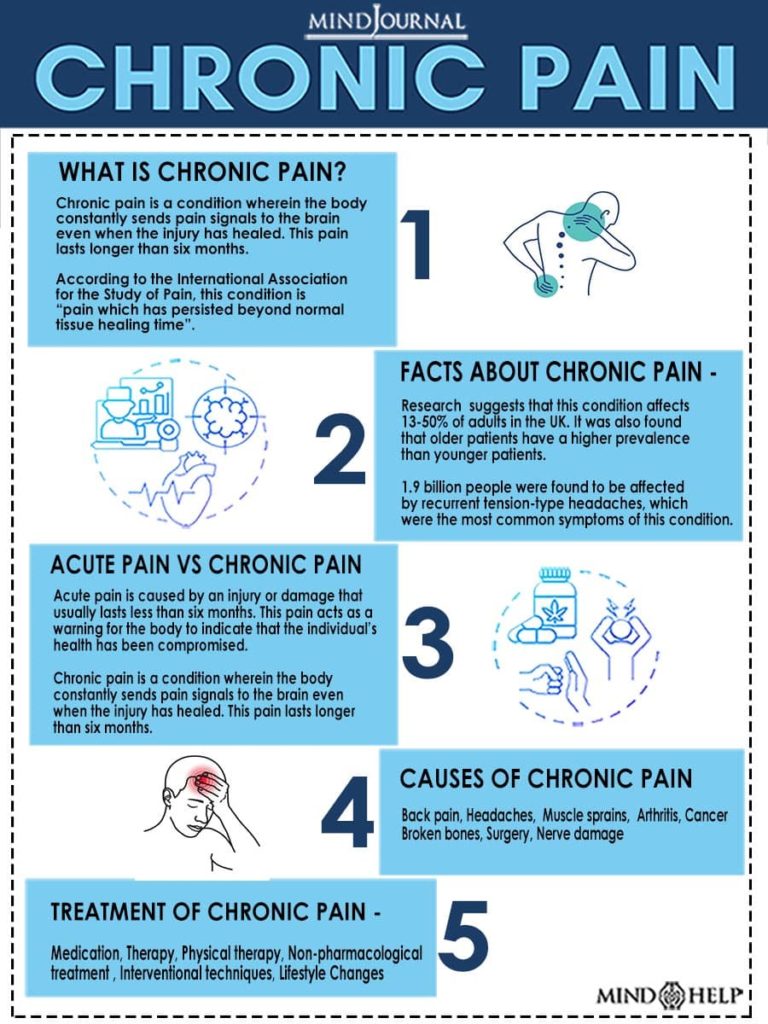
Related: 12 Types Of Body Pain That Are Linked To Emotions and Mental State
Ways for Chronic Pain Management
1. Mindfulness
One way I notice this is how often people report considerable emotional distress because they keep repeating to themselves and others, “I just shouldn’t be feeling this way.” Usually, this comes about after multiple trips to different physicians and other healers trying to find some way of controlling their pain. As creatures motivated to group things into what “should” and “should not” be, we often look at pain as something that “should not” be there at all, especially after repeated trips to the doctor.
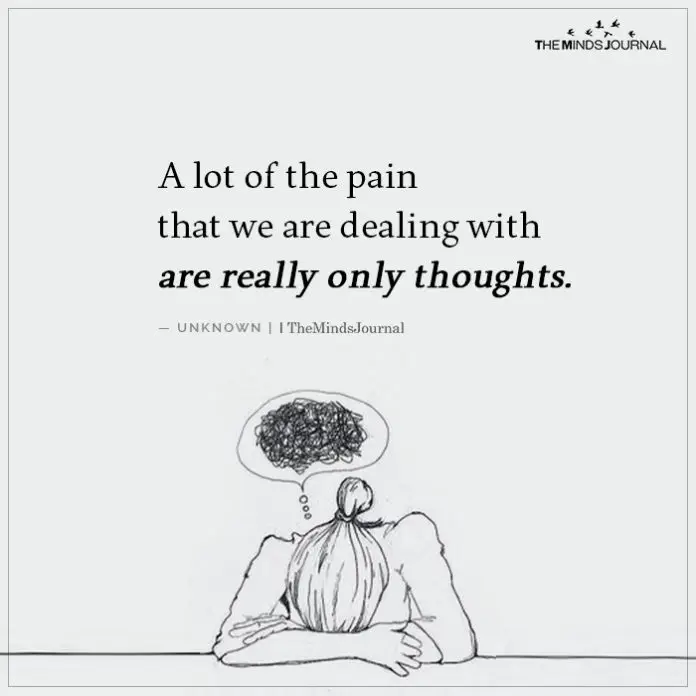
Making judgments about pain is a purely human exercise. Nonhuman animals do not do that. They live in the moment and deal with things as they are. It is not that pain does not bother them but living outside of verbal speech, and outside the realm of judging or qualifying things, allows them to deal with painful situations as they are.
Related: How to Stimulate Your Vagus Nerve for Better Physical and Mental Health
Addressing things as they are is at the heart of the therapeutic approach called “mindfulness.” And mindfulness can be an extremely effective skill to use when dealing with chronic pain. Allowing pain to be there, without a focus on judging it or even trying to fix it, can reduce the anxiety that often makes it worse. It does not make the pain go away but lessening the anxiety can help reduce pain.
2. Active Adapting
Human and nonhuman animals respond to pain related to injury in similar physiological and behavioral ways (Sneddon, 2017). One of these ways is anger. Research has shown that pain often leads to increased anger from both humans and nonhumans.
But nonhumans respond to anger differently. It typically results in increased angry behaviors meant to keep away dangers. Animals recognize they are at a disadvantage when in chronic pain so they take active steps to adapt.
It is this word “active” that often differentiates how human and nonhuman animals respond to pain. Humans often become much more passive and inactive when in pain. They respond to anger with verbal behaviors that do not correlate with any useful activity. Rather than taking steps to actively adapt their environment commensurate with their pain (by doing things like changing their schedule to take rests when needed, obtaining physical devices to help with difficult tasks, and reducing periods of tension), humans often focus on verbal behaviors (by doing things like criticizing themselves and others). This leads to much fewer effective means of adapting.
3. Other Lessons About Pain From Nonhumans
Mindfulness and active adapting are two effective ways of handling pain that we can learn from nonhuman animals. Others include learning relaxation techniques (animals do not suffer the same lasting physical tension the humans do and this often lessens how much pain impacts them), distraction (animals constantly engage in behaviors important to survival, leading them to not focus on pain’s impact) and physical activity (consistent with much research showing that being stagnant is one of the worst things for pain).
These are responses to pain that allows nonhuman animals to survive even after physical injury leading to pain. Animals need these adaptations in the wild because succumbing too much to pain leaves them vulnerable. Watching these approaches to pain gives us useful direction on how to handle our own physical pain.
Related: How to Overcome Chronic Emotional and Psychological Suffering
References
Sneddon, L. U. (2017). Comparative physiology of nociception and pain. Physiology,33: 63–73, 2018. Published December 6, 2017; doi:10.1152/physiol.00022.2017.
If you understood all about the psychology of pain and the relaxing techniques to help overcome it then share your thoughts with us in the comments below!
Written by: Daniel Marston Ph.D. Originally appeared on: Psychology Today Republished with permission
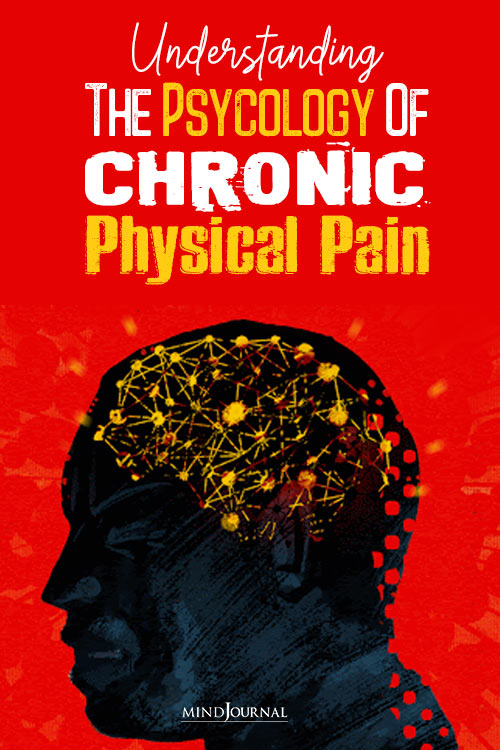
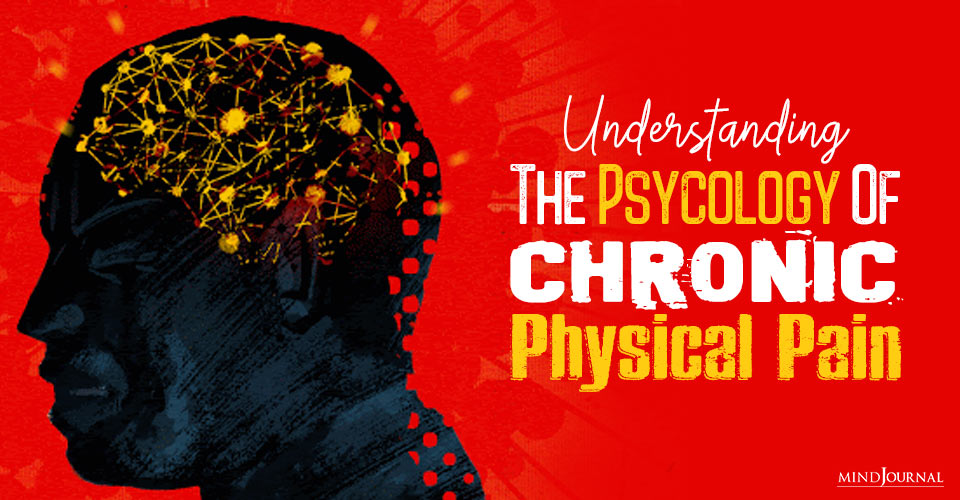


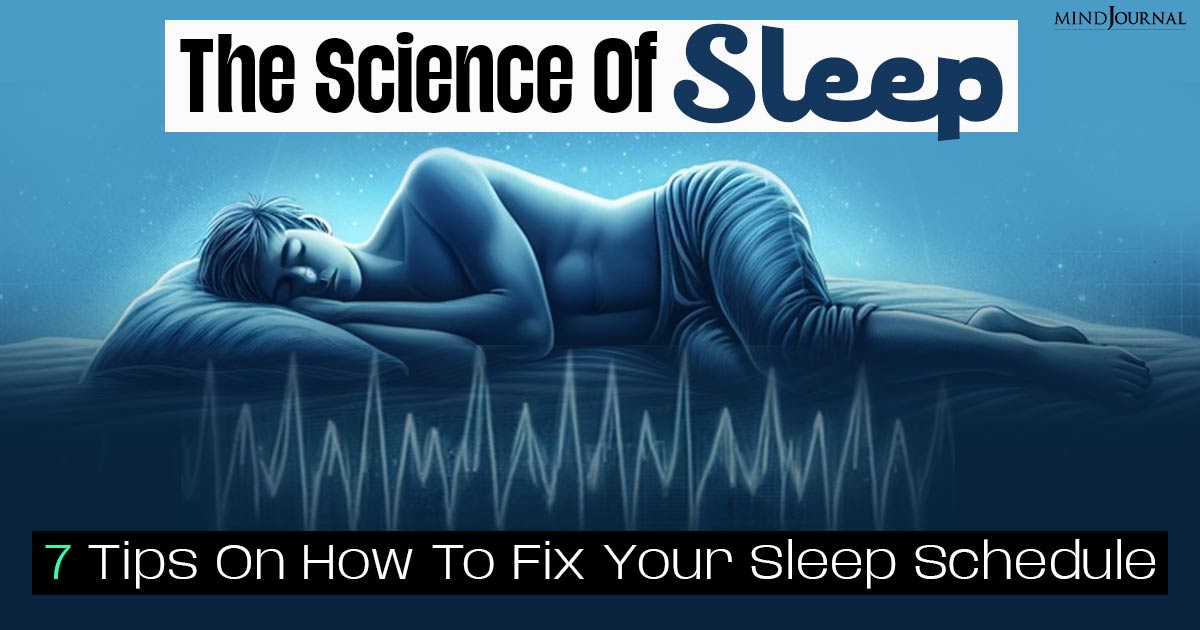
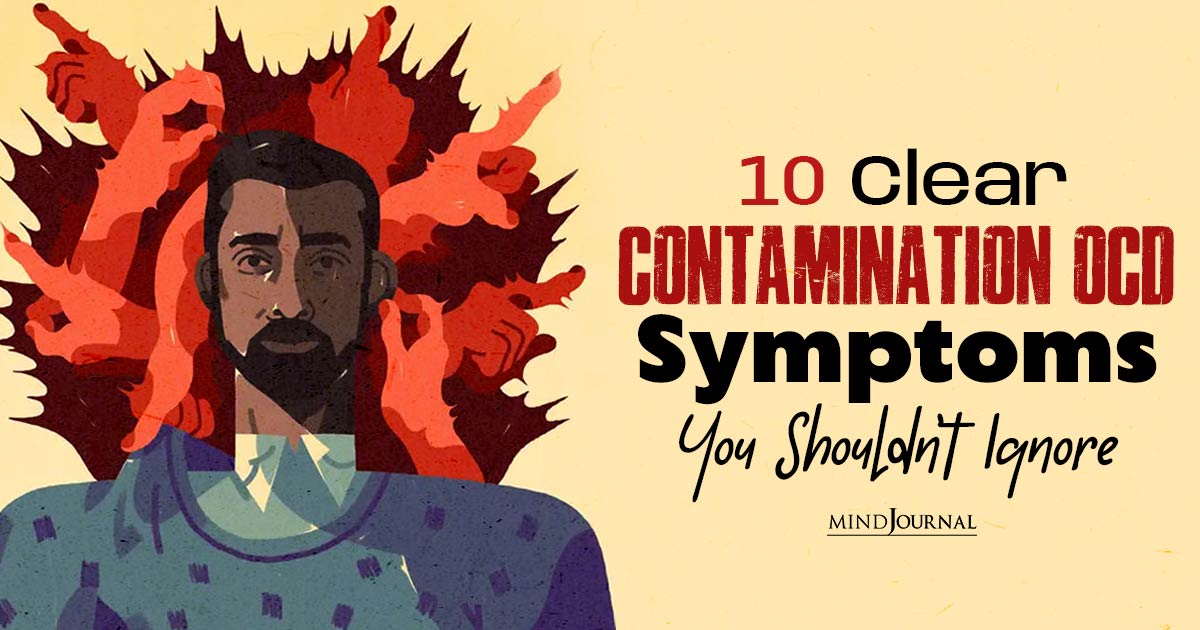

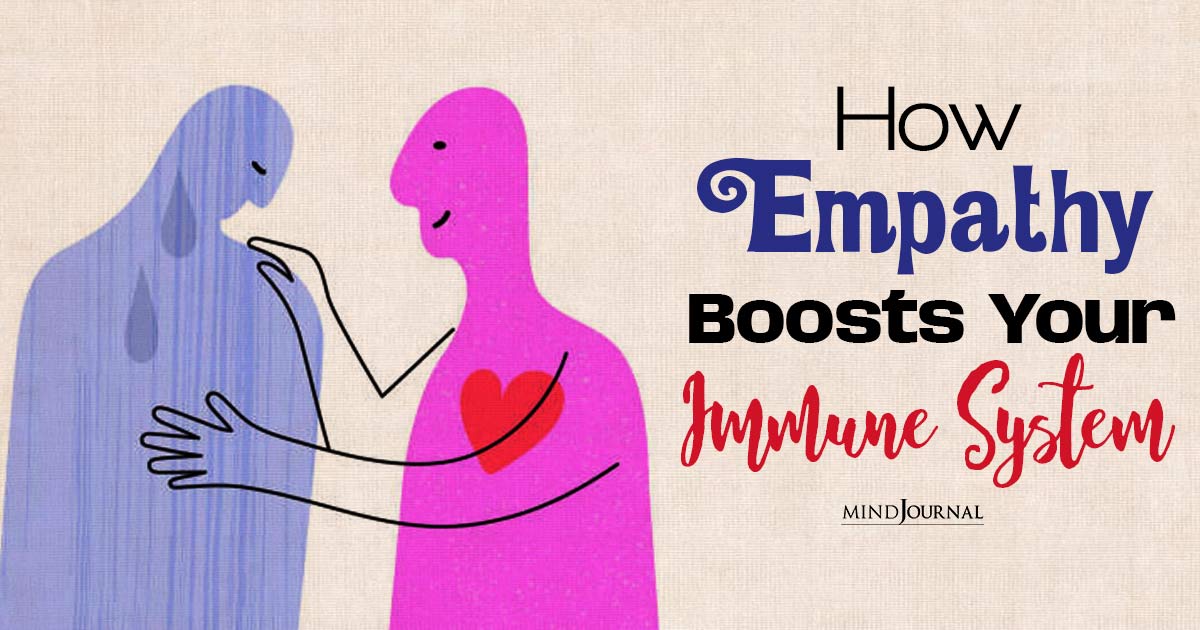

Leave a Reply
You must be logged in to post a comment.